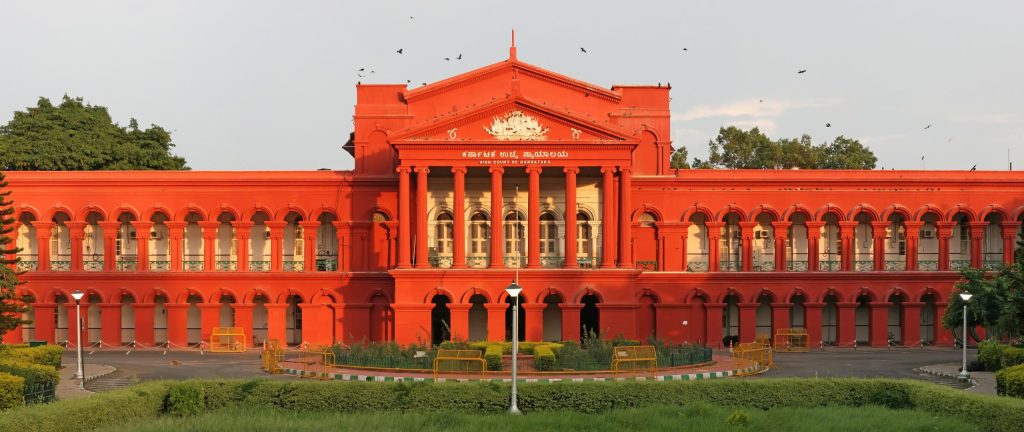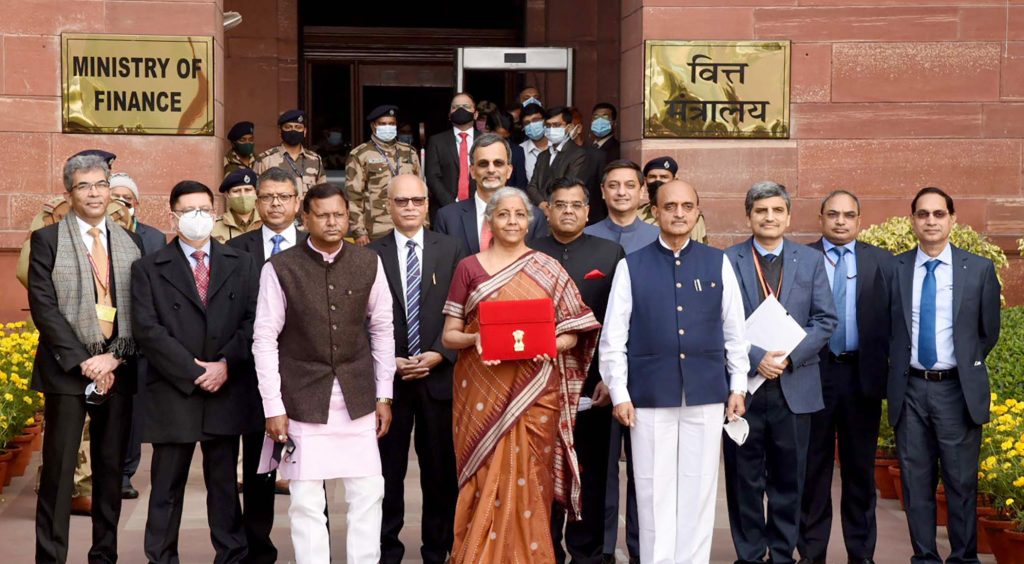Now Reading: Effect of Covid19 on Courts across Globe
-
01
Effect of Covid19 on Courts across Globe
Effect of Covid19 on Courts across Globe
On 11th of March, the World Health Organisation declared COVID-19 a pandemic disease. The outbreak was regarded as a public health emergency of international concern under the International Health Regulation (2005). Every public as well as private departments were directed to shut down their works. Schools, colleges, markets, cinema halls, malls, temples and courts all were vacated. Lockdown was imposed in every corner of the world. The pandemic has had a large impact on every single individual. It was a tremendous and shaking surprise especially for the administration of justice and the legal system. No prior preparedness or planning was done by the courts and tribunals to face the pandemic. virtual and remote methods are used to keep the works going without any halt.
The current situation does not assure any improvement in the situation of spread of coronavirus in the near future. Courts have already started adapting to the new changes and so the judges, lawyers and arbitrators. The virtual and remote methods are used to keep the works going without any halt. Technology has helped to make things easier and accessible to all. The pandemic will make new opportunities in the coming future in the advancement of the trials. Here are some of the countries which have changed provisions during the emergency period:
India:
There are already lakhs of cases pending in the Supreme Court and lower courts, whether it be criminal or civil matters. The proceedings of the less important cases have already extended. And lodging or filing new cases is discouraged for some time. The cases which are found relevant and extremely necessary to give judgement are heard and dealt via video conferencing. Currently, The issues related to liberty, life and demolition of property are considered to be urgent to work on. The courts have already reached a mark of 800 cases to be heard digitally. The lawyers and judges who were not accustomed to the technology have to work more hard.
United States of America:
Most of the states in the US have cancelled or suspended the jury trials. Further the courts have allowed the use of teleconferencing in certain cases of criminal and civil proceedings. The Supreme Court announced that it was postponing the oral arguments for the first time in more than 100 years. The CARES Act and Federal Rule of Criminal Procedure are issued by the Administrative Office of the US. The lower courts have issued administrative orders to conduct proceedings via video conference or telephones.
United Kingdoms:
The government of the United Kingdoms has issued The Coronavirus Act where the criminal and civil are heard by video or audio conferencing. Some cases of family and civil matters where the physical presence of parties are needed are taken place remotely in some of the buildings with all precautions are considered. Only urgent and important works are done by the High Courts and Courts of Appeal. Also, a Practice Direction 51ZA is published where the parties of a case acn extend their hearing upto 56 days by presenting a written application. The Queen’s Bench masters have provided various provisions like e-filing of cases and postponing non urgent works. Special protocols are followed in the Business and Property Courts.
Australia:
The High Court in Canberra had not attended any hearing on sitting in the months of April and June except the most urgent ones. The country has also adopted the practice of video conferencing for its proceedings. The Federal Court of Australia has said that “Our counters are closed, but we are still working”. They have also provided guidelines in the Special Measures Information Notes to work remotely without any inconvenience. In cases related to criminal matters, the registry of the relevant local courts are to be contacted by the parties in order to get heard. The proceedings are completed without taking much time due to the current emergency. The Legal Aid Solicitors are giving advice via telephone calls.
China:
The country is already well developed in technology in all spheres. With the raise in cases of the outbreak, the litigants and legal officials were asked to use online systems for the court proceedings. The Supreme Court of China promoted “micro mobile court”on social media platform wechat. From filing of the cases to the issuing of judgements are all done online itself.
European Union:
Like all the other countries, the European Court of Justice is also continuing to work on the urgent proceedings. The hearing is done via video conferencing or calls. The cases which can be extended for the time being are postponed for further months.
All the legal systems of the other countries are facing similar changes in the style of their legal trials. The court administrations have issued guidelines according to the convenience of the parties and jurisdiction.
Advantages of the pandemic on courts:
Yes, it sounds strange but there are advantages of the pandemic on the courts and justice system. In the new era of virtual courts, it is observed that the consumption of time, money and inconvenience is less than normal court proceedings. The people and the judicial administrations who were unable to access technology are now well versed in the same. The parties are allotted a time period during which the proceedings are made because of which there is less hustle and bustle in the judgements.
The link of the video conference of the proceedings are limited to only the parties, the lawyers and the judges due to which the details of the case are mostly secure and safe. Though some courts are publishing the details of the trial on their respective websites. Moreover, the old practice of visiting courts will be slowly placed by the Alternate Dispute Resolution methods like mediation, conciliation and arbitration.
Disadvantages of the pandemic on courts:
The whole justice system has to go through a lot of changes due to the emergency situation of the outbreak. The adaptation to the new guidelines and measures may take more time to be counted as normal. There are already a number of cases pending to be heard or decided by the courts all around the world. The appellate trials and civil cases which were already taking time to conclude are further postponed to minimise the load on the virtual courts.
The budding lawyers who were just about to learn and implement their judicial skills are now sitting at home doing nothing. Many courts are not allowing the open court funda which usually includes other people to view and understand the proceedings. The appellants are facing a number of problems in e-filing of suits, the lawyers have to struggle in uploading the online files of the cases, and even technical issues are faced in setting up the video-conferencing. If we talk about developing countries like India, working online is really a big challenge which is faced by most of the people.
A Way Forward:
Overall, we can come to the conclusion that in the era of pandemic, e-courts need to be more managed with strict and fair guidelines. The courts all over the globe have already heard many cases online. The Kerala High Court was first in India to inculcate the digitalisation of court proceedings.The crisis has given us opportunities to grab and make the world more advanced and tolerant in every situation. The digital courts may take some time to adjust to the new normal situations, but the justice delayed will surely not be denied.








